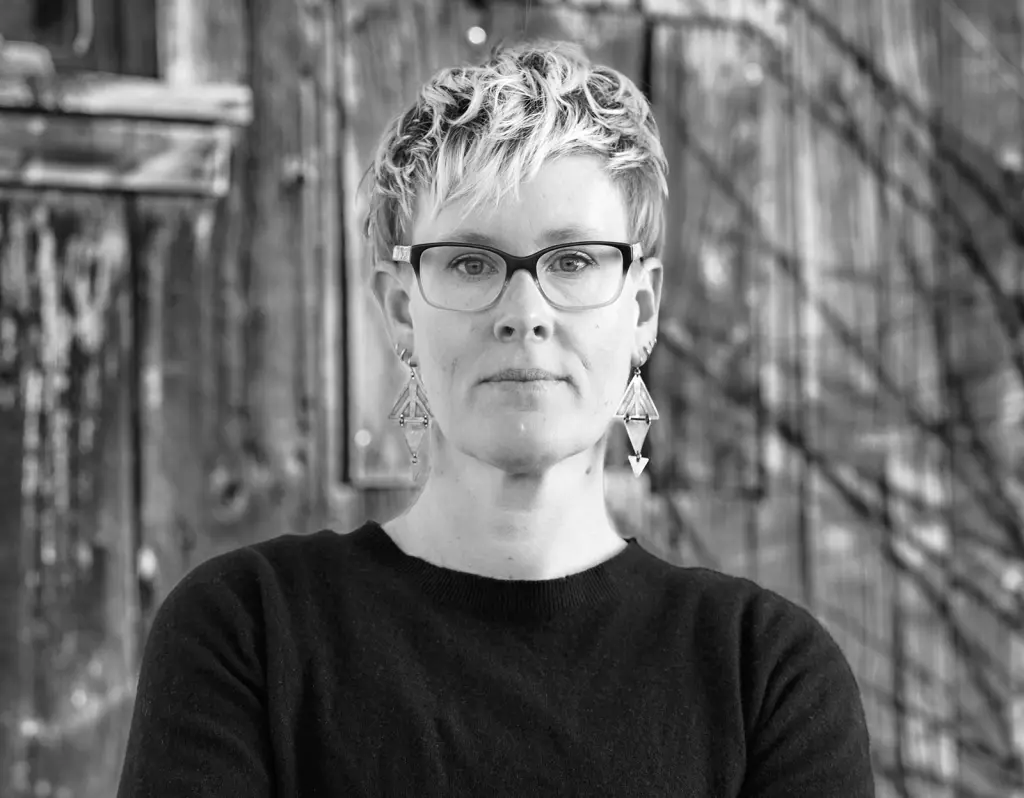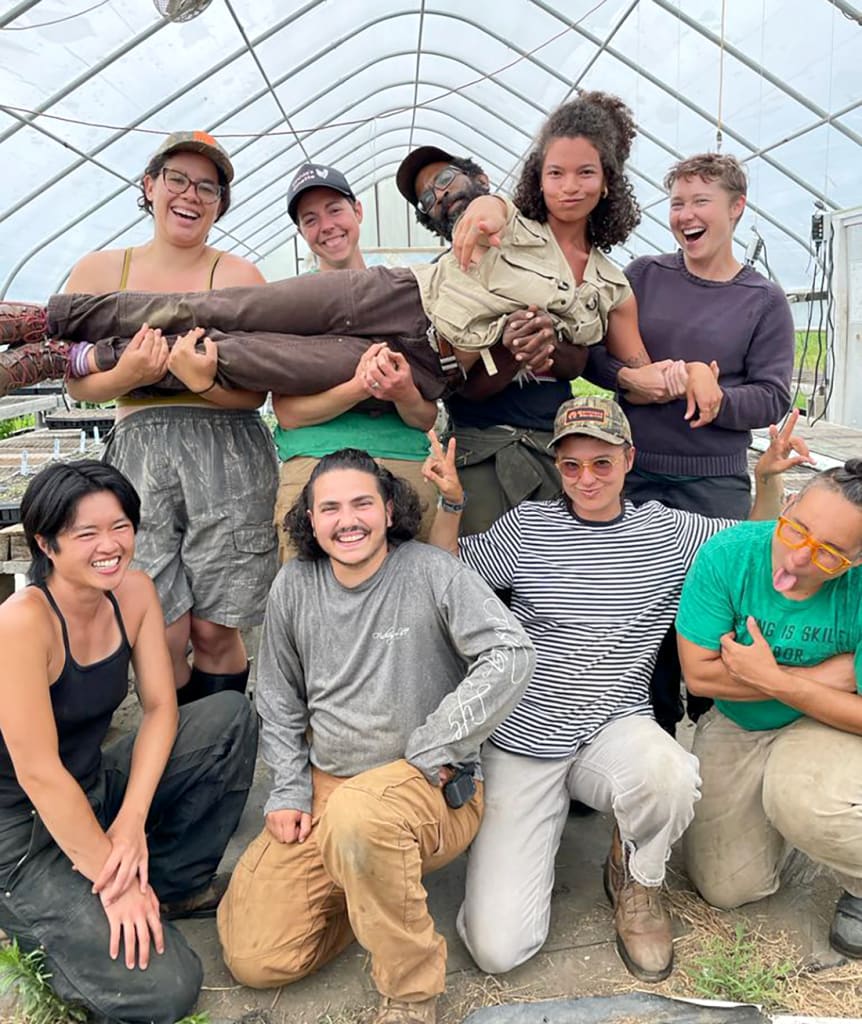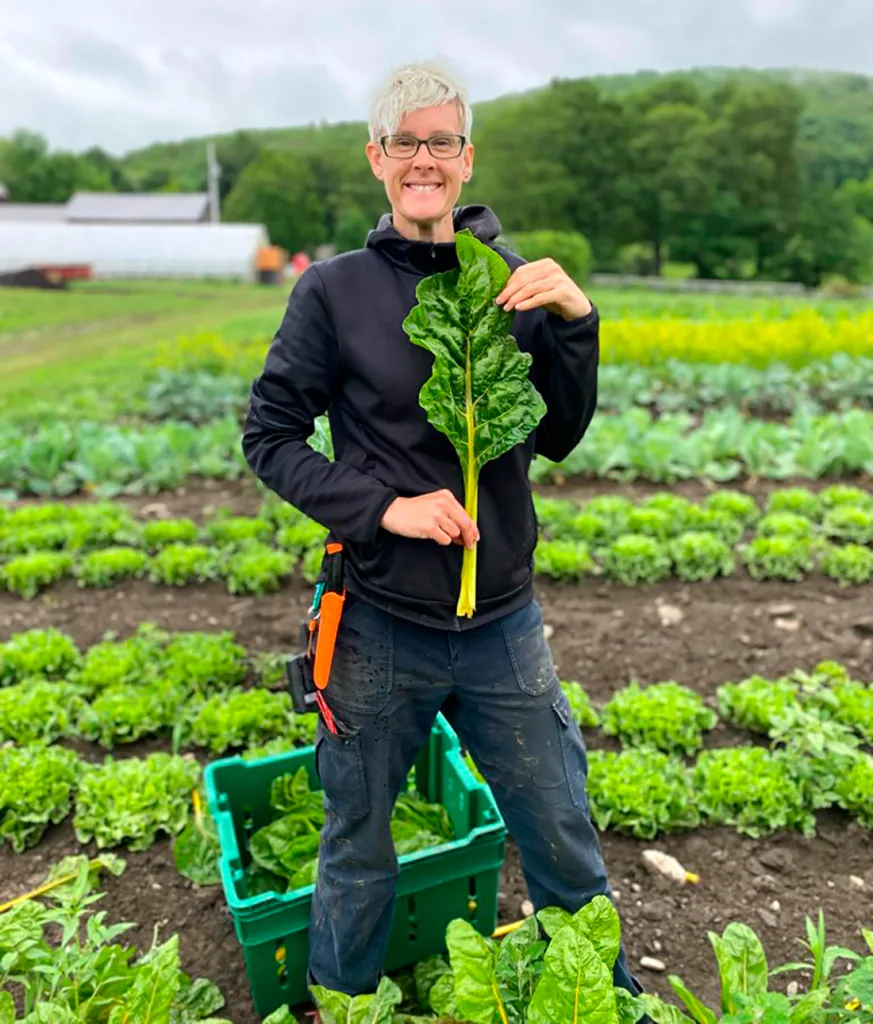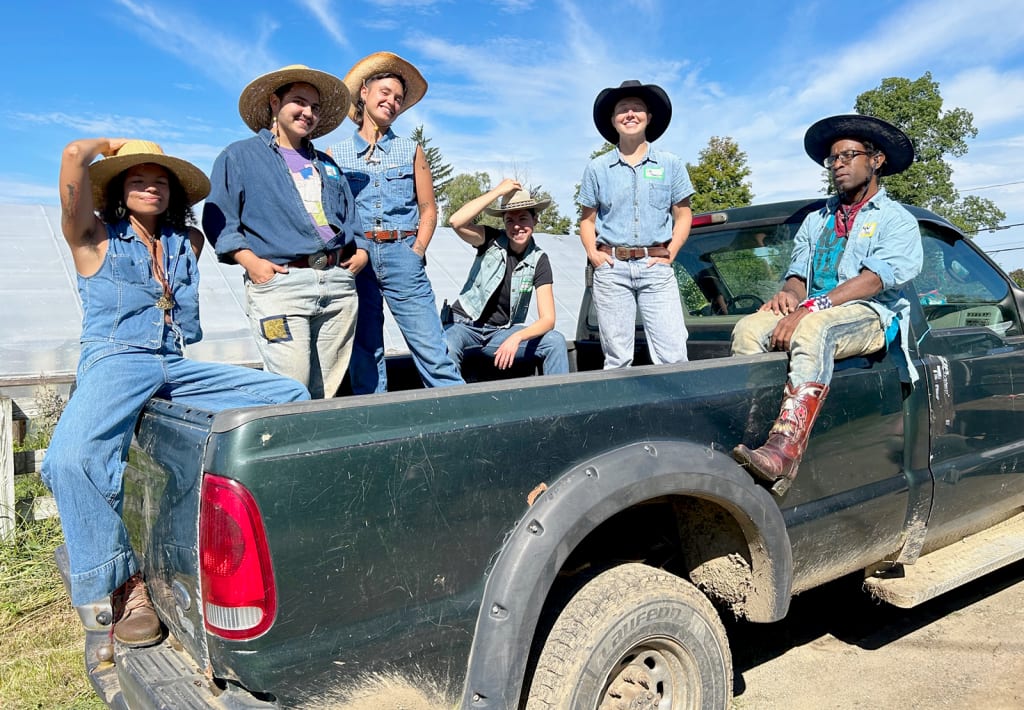In the span of just months, a number of corporations have reversed their stance on diversity, equity, and inclusion policies that they previously claimed to strongly support.
In June, the farming retailer Tractor Supply announced that the company would remove DEI positions and eliminate its goals to reduce carbon emissions, framing the decision as a response to customer concerns. John Deere made a similar argument not long after, when the company decided to cut back on its own diversity policies. Other retailers, like Lowe’s, have since followed suit.
It’s not news that the business world’s commitment to DEI has wavered since 2020, and especially over the last year, as conservative activists have targeted corporate DEI initiatives in the aftermath of the Supreme Court’s decision on affirmative action. But companies like Tractor Supply and John Deere seem to have gone a step further than many other corporations, targeting employee resource groups and pulling sponsorship from Pride events—and in a sector that has long been seen as the purview of white men. Both companies have also claimed these decisions were driven by criticism from their own community of customers.
That’s why queer farmers like Maggie Cheney, a director and founder at Rock Steady Farm, are fighting back. After Tractor Supply’s announcement, Rock Steady Farm—which is located in a rural part of the Hudson Valley in New York—started a campaign and petition to draw attention to the company’s actions and try to rally support for a boycott of its products. (Tractor Supply did not respond to a request for comment.)
Cheney talked to Fast Company about how organizations like Rock Steady Farm are trying to change the face of farming in the U.S. and bring more queer and trans workers into the fold, and what their community is doing to put pressure on companies like Tractor Supply. This conversation has been edited for clarity and length.

“We’re trying to change the narrative about who farms and what they look like”
I’ve done around 20 years of farming in different areas. My dad’s also a vegetable farmer, and I grew up helping out in the fields. … I’ve farmed in California and have done education and training programs for adults and at schools around farming and growing food. And now I’m doing that for queer and trans farmers at a larger scale in a rural area.
In the Northeast, our season is March through November, so I work year-round full-time, and the winter is definitely packed with more administrative [work]. But day-to-day, I try to do four hours of harvest in the morning or tractor work. Some days I can’t because I have too much admin to do, but other days, I spend the whole day farming. It just kind of depends on the week and what the priorities are. …
We’re creating programs that enable us to share knowledge and agricultural skills [with] queer and trans farmers in a space that is very queer joy-focused and in a rural landscape. I also do a good bit of consulting with beginner farmers who are starting off. On the more practical end, [we’re] organizing a regional network of farmers that are working together on transportation and figuring out ways that Rock Steady can deliver food for beginner farmers to take that burden off.

Then there’s the changing-the-narrative side of what we do—the storytelling and the visibility of queer and trans farmers. That’s why we’re so visibly out. We’re trying to change the narrative about who farms and what they look like. We have the privilege that we can be out, and not a lot of farms do, so we use that privilege as much as we can.
We try to bring in intersectional advocacy of uplifting other projects and linking our struggles with others, in terms of allyship with Palestine, or bringing race issues to the forefront. Maybe there are LGBTQ folks that are white and less educated around race. Or maybe there are folks who love us because of how our food tastes but don’t know as much about the history of the Farm Bill or agricultural policies.
A growing piece of our work is the more direct policy change and advocacy work and targeted campaigns. We’ve also done stuff around land access [and] affordable housing—some of those more structural barriers that queer and trans farmers have. If they’re from a rural area, maybe they don’t have inherited land, or maybe they’ve been kicked out of their family. … And then the Tractor Supply thing just emerged as: “Okay, this is directly impacting us. This is our life. Let’s not stay silent about it.”
“I’ve been shopping at Tractor Supply for the last 10 years”
There was a particular way that Tractor Supply was framing things: “Our community wants this.” I’ve been shopping at Tractor Supply for the last 10 years, and so do a lot of the people that we partner with and a lot of other farms in the area that are Black- and brown-run. That is just a false statement.
I feel like there’s so much misinformation and this kind of momentum about what rural America is, and what red states are—that everyone’s Republican and everyone’s white and everyone is a Trump supporter. And sure, it skews that way for a number of communities and rural spaces. But not all of them. Also, there are queer and trans and Black and brown people who are maybe Trump supporters, but we’re still here. It’s just a very blanket, un-nuanced approach to what is actually a complex rural community.
A lot of queer and trans and BIPOC farmers also want to be in rural spaces. There’s a huge draw from cities to be moving back to rural spaces. That momentum and energy is very, very obvious to me in who we see applying to our programs. There’s a desire for people to go and do land-based work and agricultural work, and I think if they see that narrative out there, they’re not going to feel welcome. There are communities outside of cities. Part of the challenge that we’ve had in the queer and trans community is that we feel kind of forced to go into cities because that’s where the majority of us are, and that’s where there are health centers and community centers that meet our needs. It does take a lot of effort to push against that narrative.

“You can sense the world that could be”
We’re at this point with LGBTQ rights nationally where there are both these huge advances in our rights, as well as these huge erasures or clampdowns or taking away of our rights. You can sense the world that could be, while it feels like it’s getting taken away from you at the same time. It’s a horrible feeling, to feel like you’re getting erased. And I can’t imagine what [it’s like for] the people in those [Tractor Supply] shops who are queer and trans, or who are Black and brown—who feel they’re getting erased within their own jobs.
For many queer and trans people, especially of a certain generation, we’ve faced workplace discrimination many times and we don’t want that to continue. You see it happen at another workplace, even though it’s not your own, and so blatantly public and obvious. And you’re like, “Oh, that could be a snowball effect. Are they trying to incite other corporations to do the same?”
The kind of actions a place like Tractor Supply makes in a rural [area] actually has quite an effect on the local community. There aren’t that many businesses in these small towns. That sets some standards locally, and those actions do play into larger issues: Who’s providing healthcare? What is a livable wage? How are people affording housing?
In agriculture, we’re constantly thinking about farmworker rights, and recent immigrant rights. If there are language barriers. [Workers’] rights to get water breaks and shade. It’s these really basic things. There was a huge momentum around Black Lives Matter to start more [DEI] initiatives, and I think there’s a reason why those were needed. Those issues haven’t gone away.
“It’s about shifting people’s minds and perspectives”
We created an online campaign and got 1,000 signatories in just one push that we did a couple of weeks ago. We have been circulating [that] around with partner organizations, both at the national [level] and just in the Northeast. The demands of the petition are based on refusing to shop [at Tractor Supply] anymore, asking the CEO to step down, and getting all of their climate and DEI policies [reinstated]. Our goal is just to get more signatures, up to about 5,000 ideally, so that we can then directly contact the CEO and the board and be like: “We are your community. We are your customer base.”
If we can get this to 5,000 and that can make an imprint, great. We have a little less control of that. It’s ultimately going to be up to those individuals [at Tractor Supply]. But it’s not just about that. It’s about shifting people’s minds and perspectives about who lives in rural communities. If we can just get that [message] out there more, that would be a benefit. And there are links to so many different issues right now that are overlapping. Tractor Supply brought up climate change. We’ve got these broad statements that are getting made on the right about rural communities in an election year. There are states adding on more and more anti-trans legislation. So there’s a much bigger picture that we’re aware of, and this is just one piece of it.

“There are more farms holding space for queer and trans people”
No doubt there are pockets where there’s heightened anti-trans stuff happening in rural communities and in certain states. But you simultaneously have these areas where I’ve seen a huge difference in the last 10 years, in terms of how many farmers are out. People are doing organizing work and [raising] visibility, and more and more people are flocking to those areas. There are more farms holding space for queer and trans people. And across the country, more resources and federal and state dollars are shifting to these projects. For a long time it felt like a little bit of an untouchable thing—that the USDA is only going to support large commodity crop farms and lobbyists. But I do think that there’s a shift in the right direction.